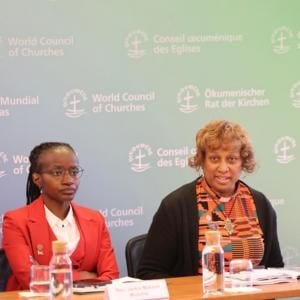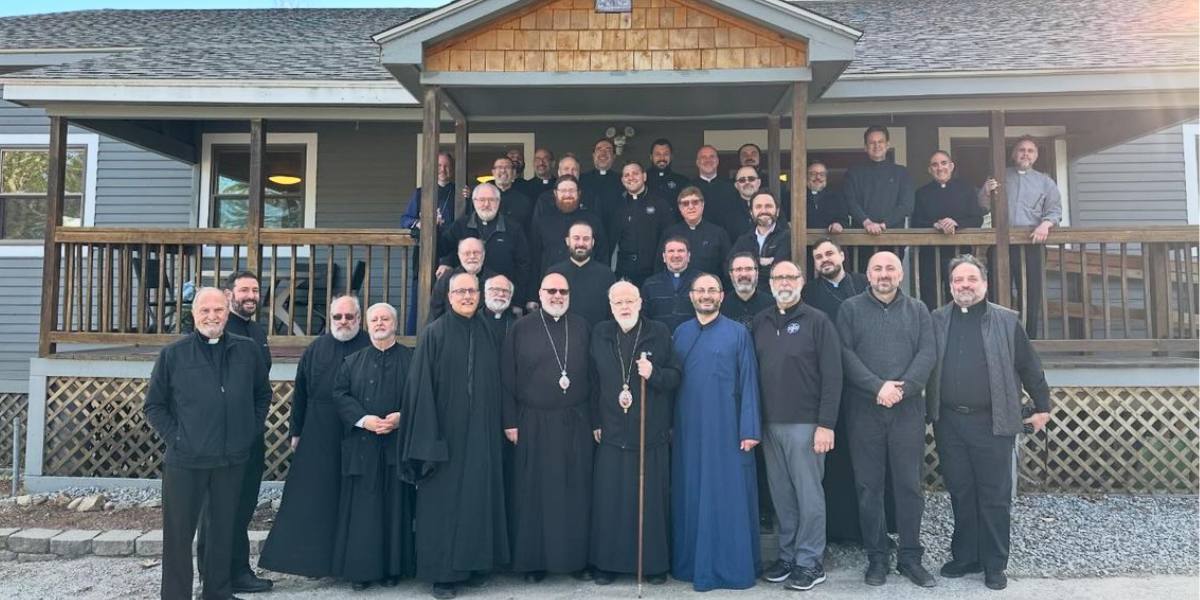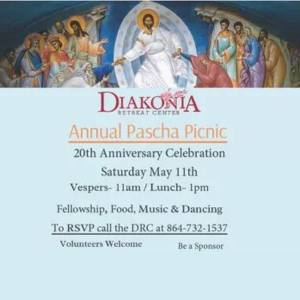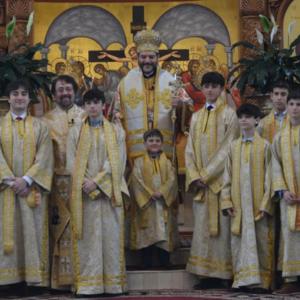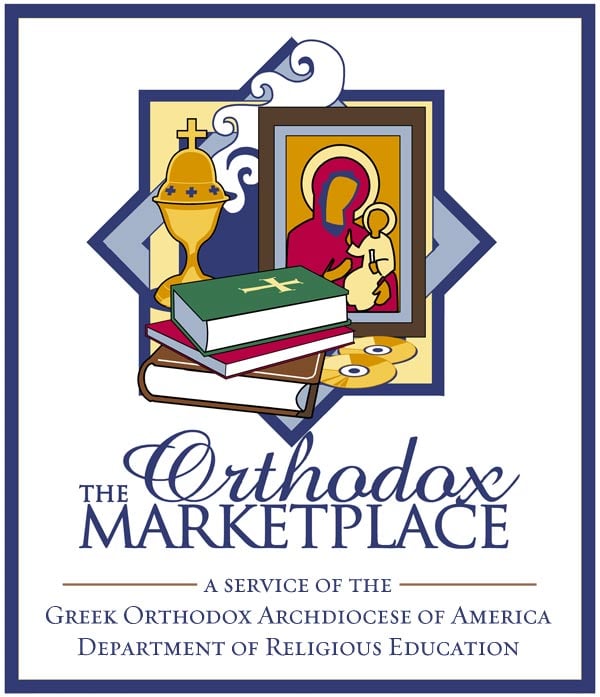BROOKLINE, Mass. – Recently I had the privilege of having dinner with Nick, an Orthodox Christian in his early twenties. Nick lives in a large city and works two full-time jobs – at a law office and a restaurant – to pay his rent. Early in the conversation, he noted how hard he’s trying pay off his tens of thousands of dollars in student loans.
Despite his busyness, Nick said he wants very badly to learn more about his faith. “I don’t really know why I’m Orthodox,” he said. “But I want to.” Between moving as a child, moving for college, and moving again to get his first job, he has attended a number of parishes over the years, and the parish he attends now doesn’t have many offerings for young adults.
“Every once in awhile they’ll have a ski trip,” he said, “but there aren’t many ways for us to get involved.” He said that more than anything, he wants to get together with other Orthodox young adults who want to go deeper in their faith.
In many ways, Nick is a typical 20-something. For the first time in his life, he’s responsible for supporting himself financially. He has student loans. He isn’t married, but hopes to be someday. He’s new to his community and doesn’t have any family or longer-term friends nearby. He’s curious about his faith, but isn’t sure how to connect more deeply to it.
What it means to be a young adult has changed drastically in the last fifty years. The traditional milestones of adulthood – including getting married, starting a family, and becoming financially independent – are now happening an average of five years later than they were in the 1960s. This means that young adults in their twenties now spend a decade or more trying to figure themselves out. Young adulthood in the 21st century is a phase of life often marked by transience, uncertainty, and loneliness.
The occasion for my meeting Nick was the annual alumni retreat of the CrossRoad Summer Institute at Hellenic College Holy Cross. Now heading into its 14th summer, CrossRoad gives high school juniors and seniors the chance to learn more about their Orthodox Christian faith and vocation. Each spring, CrossRoad alumni gather in Boston to share stories, learn together, and enjoy one another’s company.
The staff of CrossRoad and of its parent office, the Office of Vocation & Ministry, spend a lot of time exploring the religious and spiritual development of youth and young adults. We know from our work with CrossRoad alumni that many young adults have a deep hunger to continue learning about their faith and to wrestle with difficult issues. They want to know what it means to be an Orthodox Christian in 21st century America – in the workplace, in relationships, and at home. But as they make the transition to life in their 20s, they find it more difficult to connect to the Church – even as they find their need for the Church growing. To better address this issue, the Office of Vocation & Ministry just launched a new five-year initiative, the Telos Project, exploring the spiritual and religious lives of young adults in the Orthodox Church.
If young adults are disconnected from the Church during their twenties, a time when they are making crucial decisions about life, love, and family, they are much less likely to return later in life. This is reason enough to attempt to reach out: to invite young adults to experience our Orthodox faith as a sustaining source of joy, direction, and hope for navigating the challenges of adulthood. In more practical terms for our Orthodox parishes, if we lose this generation, we may have even more difficulty finding people who want to teach Sunday school, serve on parish councils, support the Church financially, or even serve as our priests. We may have even more people raise their children outside of a religious faith, and those children will be even less likely to be part of the Church.
Young adults want our Orthodox parishes to be places where they find meaning. They want us to welcome them, build relationships with them, connect them to all aspects of our parish communities, and have substantive conversations with them.
We have an incredible opportunity to share the purpose and hope that can comes from faith in Christ and belonging in the Church. The benefit in this will be reciprocal: young adults can bring energy and enthusiasm to our Orthodox parishes. A recent study shows that the entire parish benefits when youth and young adults are a priority.
Toward the end of my conversation with Nick, he told me excitedly about a parish he had attended while visiting his family. “It was so welcoming!” he said. “You could feel the love.” All of our Orthodox parishes can offer meaning, belonging, and community to young adults like Nick and others who badly need it. Young adults’ searching can refocus our parishes on their reason for being, allowing our ancient faith to be an important source of life here in the United States today and for generations to come.
Elyse Buffenbarger is director of the Telos Project, a new initiative at Hellenic College Holy Cross exploring the spiritual and religious lives of young adults ages 23-29. Learn more at www.teloscommunity.org.

